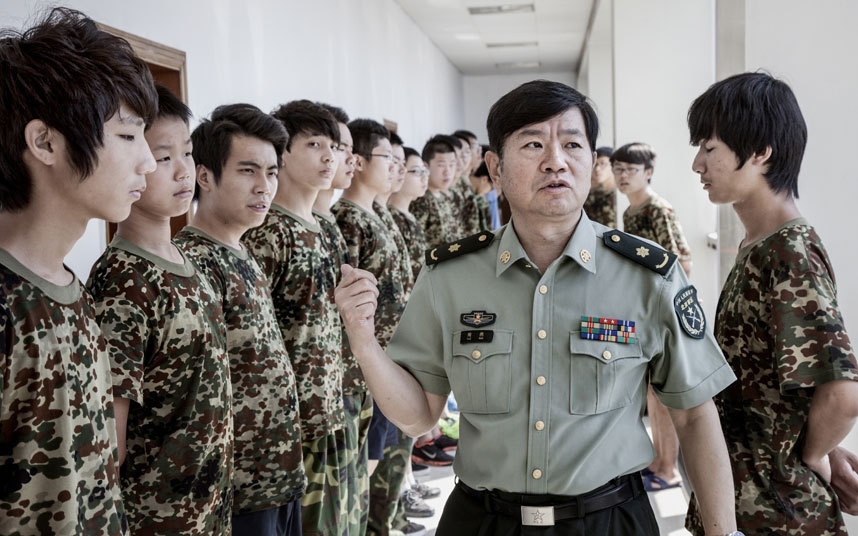Screen addiction or gaming had been through several academic studies and experiments. But none of the Governments reportedly took any safety measures. Many studies found strong damaging results of screen time, gaming and internet usage but as several other news is in the market regarding china’s closed culture, It was reported that Chinese Government is seriously monitoring the internet usage habits of the new generation. Internet addiction treatment centers are fully operational, offering “Detox” services to internet addict youth. Education bureau officers of internet detox center (monitored by ex-Army colonel) are paying visits to the students in case of truancy to ensure the students are not wasting their time locked in their rooms stick to the screens. The teenagers are dragged out of their homes and admitted to the Detox Centers.
Run by Tao Ran, a former People’s Liberation Army colonel who headed army psychology units, the center is one of the earliest places in China to diagnose and treat internet addiction. Once damaged, the neural system needs almost twelve months to recover.
Video-gaming industry in China is estimated to be worth US$30 billion in revenue annually. Most beloved games are League of Legends and Honor of Kings, both owned by Tencent Holdings, the Chinese internet giant that is also behind the WeChat social messaging app.
Internet addiction has received fresh scrutiny in China after the World Health Organization added gaming disorder to its international classification of diseases last year. China made this decision of adding it to the public health threat in 2008, ten years before WHO did. Chinese President Xi Jinping last August took special notice on behalf of the government to prevent widespread myopia among children caused by excessive screen time.
After the control imposed by the Government, fewer new games got approval for entering the market. Google, Facebook, and WhatsApp are already blocked in China. Even domestic companies need to go through strict scrutiny before penetrating the market. Tencent, the market leader, has introduced age verification and limits on play time by young people.
On the contrast, video game industry associations from the US, Canada, Australia, New Zealand, South Korea, South Africa, and Brazil did not pay any heed to the reports issued by WHO and has called them “not based on sufficiently robust evidence”

